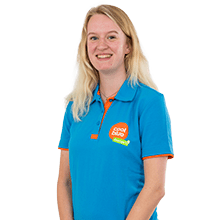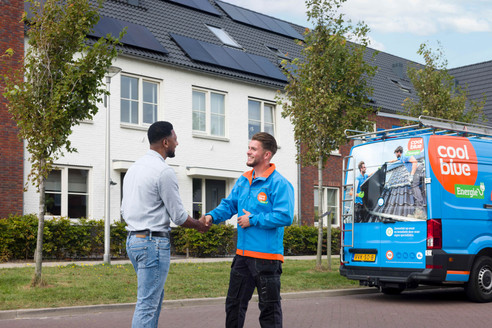
8 misunderstandings about solar panels
1. Solar panels don't generate enough profit
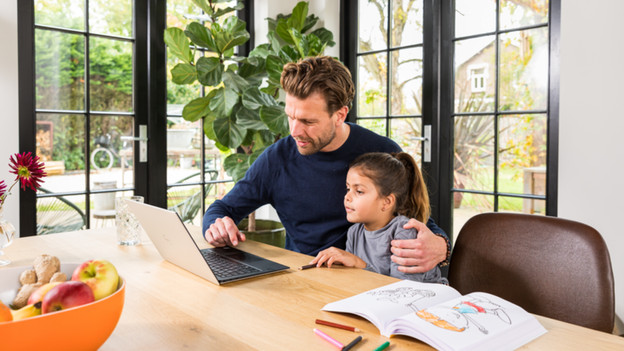
Due to the changes in the market, it's easy to say that solar panels provide little profit. For example, the net-metering regulation is uncertain and more energy suppliers are asking for feed-in costs. Yet, solar panels are still a smart choice. For example, the technology of solar panels has improved considerably. You can now generate 40% more with the same number of solar panels compared to 2018. In addition, the price per solar panel has decreased. In many cases, the payback period remains the same but it's sometimes shorter than a few years ago.
2. Solar panels aren't profitable with feed-in costs
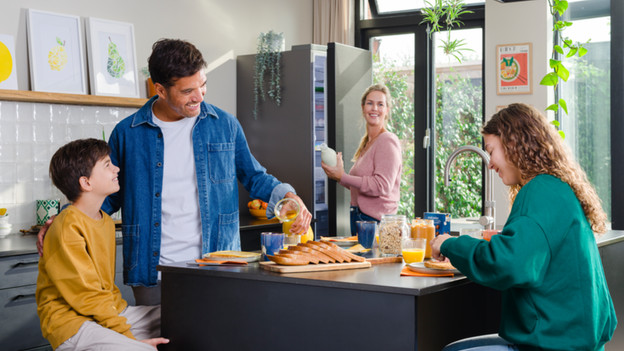
More and more energy suppliers make solar panel owners pay feed-in costs. You pay these costs when you supply solar power. At Coolblue Energy, we charge a fixed amount for electricity of €25 per month. If you generate more than 5000kWh, this amount increases to € 57.50 per month. The difference in payback period with and without these costs is on average 6 months. Because of these monthly costs, your payback period is indeed longer, but still shorter than a few years ago. Do you have an energy contract with variable feed-in costs? You save more when you use the electricity right away. For example, turn on your washing machine on a sunny afternoon instead of in the evening.
3. Solar panels don't work due to overload of the power grid
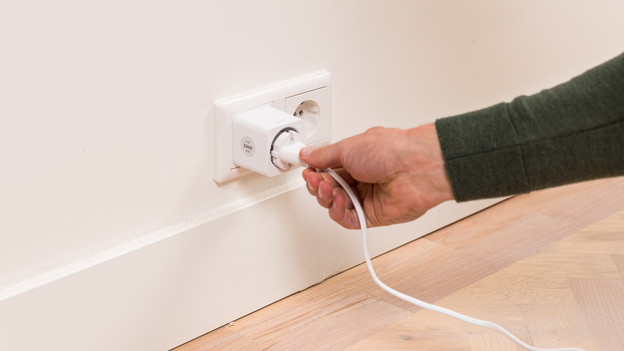
More and more households supply energy on sunny days, which means that the power network can sometimes no longer handle this extra generated electricity. These peak times cause grid congestion. The result is that the inverter sometimes switches off. In the Netherlands, this happened to 7% of households in 2022, who missed out on 1% of the revenue (source: grid operators). It helps if you store the energy generated or use it as much as possible during the day. Via the Netbeheer Nederland website, you can see whether the power network in your province is congesting faster. If your inverter does fail, please contact your grid operator.
More information
4. Solar panels are too expensive without subsidies
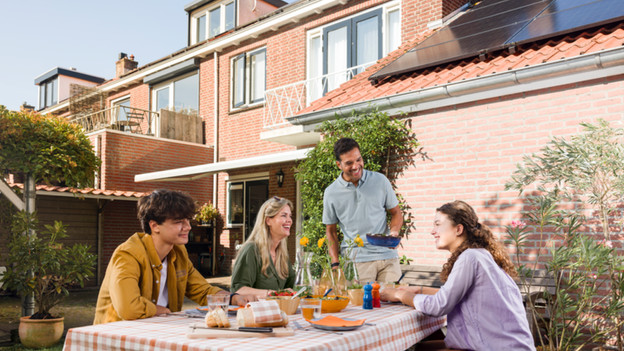
Solar panels have become increasingly cheaper. That's because more and more people are choosing solar panels and the technology has improved. As a result, fewer subsidies are available. Yet, you can also invest in a solar roof without any savings. There are various loans available for solar panels. For example, through a sustainability loan or a mortgage when moving or renovating. This saves you more every month than what you have to repay. In addition, the VAT for solar panels is 0%. It's an even better option than putting money in your savings account.
5. Net-metering regulation is uncertain
With the net-metering regulation, you cancel out the generated electricity that you supply back to the grid with the electricity you take from the grid. This is interesting, because it means you can earn back your solar panels faster. In any case, the net-metering regulation will remain in place until 2027. It's not clear what exactly will happen after that. If you choose solar panels now, you can optimally use net-metering until then and your payback period will be shorter.
6. Solar panels aren't green due to production
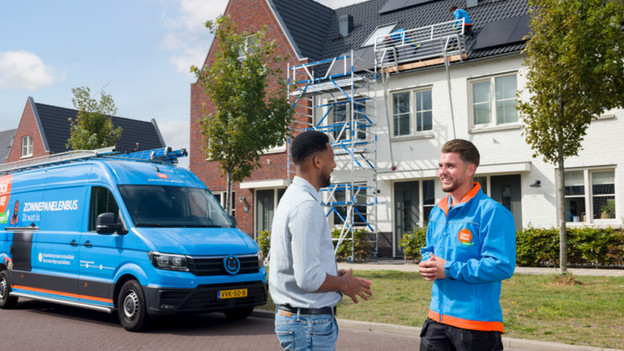
The production and transportation of a solar panel causes CO2 emissions. Because this costs energy, it doesn't seem like a sustainable choice when you choose a solar roof. In the Netherlands, a solar panel generates the energy that its production cost after 5 years (source: MilieuCentraal). Because solar panels last about 20 to 25 years, your own solar roof is still sustainable. In addition, many manufacturers make their panels lead-free or PFAS-free, so that production is greener. At Coolblue Energy, you'll also choose these panels.
7. Solar panels are only profitable when south-facing
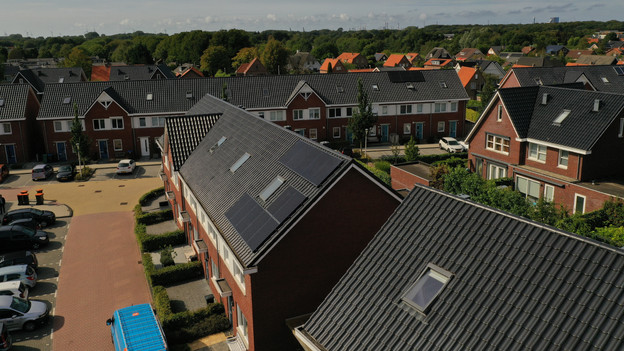
Solar panels indeed generate the most energy when they're placed on a south-facing roof. Yet, an east-west arrangement often yields just as much return or even better. With this setup, you generate more in the winter and at the end of the day. In addition, this arrangement means that the solar panels aren't in each other's shadow as much. Our experts always look with you, so you'll receive honest advice for your personal situation.
8. Solar panels only supply electricity in the summer
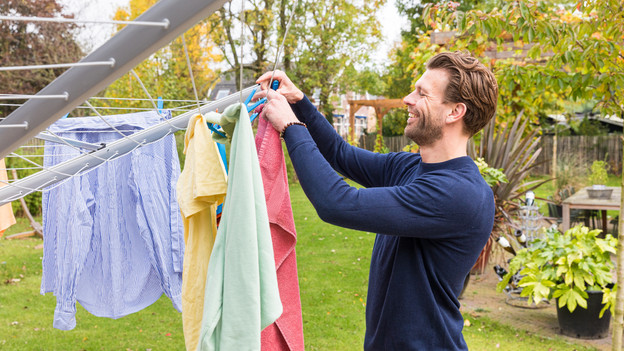
The Netherlands has the most hours of sunshine in the summer, which means that solar panels generate the most energy during this season. Yet, you can also generate energy in fall and early spring. At this time of year, the temperature is lower so the panels heat up less quickly and lose less power. Even on a cloudy day, solar panels still generate energy. You can read more about this in our advice article.
Solar panels
Bright idea.